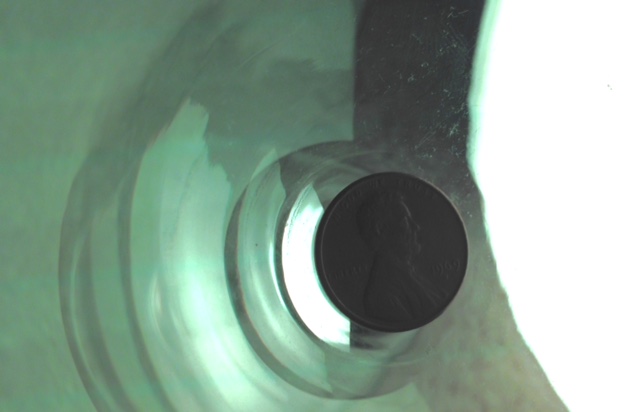“Those who do not weep, do not see.” – Victor Hugo, “Les Miserables”
A friend offered this quote after my sorrowful post about my failures in fused glass.
It reminds me of the passage from Khalil Gibran’s “The Prophet” engraved on my memory:
“The more that sorrow carves into your being, the more joy you can contain.”
I read that book as young adolescent. My sister Ann got me started on Gibran because she had two readings from “The Prophet” at her wedding in 1969, a day that was sad for me because I thought I’d lost her.
Ann, who is not a depressive, nonetheless understood that I was a sensitive child, and she intuited my pain and fear. She bought me poetry books that I still have.
She braved the turbulence of our mother’s moods, creating her own crosswinds, giving me a role model in the process. It was the ’60s.
“The Prophet” is one of the few other books that I still have from my pre-teen years, along with “Charlotte’s Web” and “The Little Mermaid.” I read every volume of the Nancy Drew mystery series, too, but I didn’t keep those.
It’s a rather weepy set of books that I kept, full of passages that illuminate death and the longing of spirit. They made me understand I was not alone.
When I was 17 and my first lover died, Ann wrote me a sympathy note full of wisdom. She said:
“Being sensitive won’t make your life easier, but it will make it richer.”
I have recalled those words many hundreds of times. They comfort me because they are truer with every recitation.
When I weep over my poor attempts at art, it seems horrendously indulgent, the height of a First World problem.
But in the end, these tears are just a variation of Goldengrove unleaving.
If I didn’t see, I would not weep.
Day 122’s penny is a 1969, the year of Ann’s first wedding.
